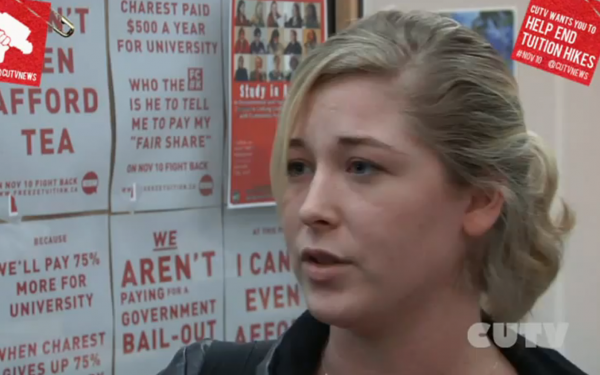Money Isn’t Innocent
Canada is described as a democratic constitutional monarchy with a sovereign as head of state and a prime minister as head of government.
The state, embodied in the sovereign, claims ownership of the land within its boundaries and claims sovereignty over the population within its territory. The capital and shares of the Bank of Canada and the Royal Canadian Mint are also held on behalf of the Queen.
National currency is not a benign medium of exchange or a reliable store of value. It demands economic growth but is systemically scarce, which keeps us in a collective state of perpetual debt, restrains economic activity, and leads to a shortage of paid employment.
Every dollar is “borrowed” or credited into existence as interest-bearing debt. Total aggregate debt, including principal and interest, is always more than the amount of money in circulation.
The financial institutions create money in the form of credit and “loans”. Government obtains credit and passes its debt to taxpayers. The central bank manipulates the price of credit by influencing interest rates. Legal tender notes and coins are distributed to the financial institutions as tangible tokens of credit.
When new money is brought into circulation it adds money to the economy without necessarily bringing more goods and services to the market. This can lead to currency inflation and price inflation, which erodes the value of savings.
Dissatisfaction with the political and monetary systems does not require a consensus solution.
We can select from an ever-expanding array of goods and services and we can use alternative methods and media of exchange, with various arrangements operating concurrently to facilitate trade. We can also seek membership in different organizations with diverse social, economic and political interests, with various groups coexisting in the same area.
Different groups can attract new members on the basis of the quality and price of any products or services offered. Organized communities do not need to be defined by contiguous properties, restrictive geopolitical boundaries, or exclusive territorial sovereignty and jurisdiction.
Decisions about group affiliation and the exchange or distribution of goods and services can be made without imposing one’s preferences on anyone else or forcing anyone to relocate, and without any coercive monopolies, mandatory membership, compulsory production, or imposed monetary systems.
Various communities and systems can exist simultaneously in any locality for the mutual benefit of all voluntary participants, at their own risk and expense.



__600_375_90_s_c1.jpg)
__600_375_90_s_c1.jpg)

_600_375_90_s_c1.jpg)